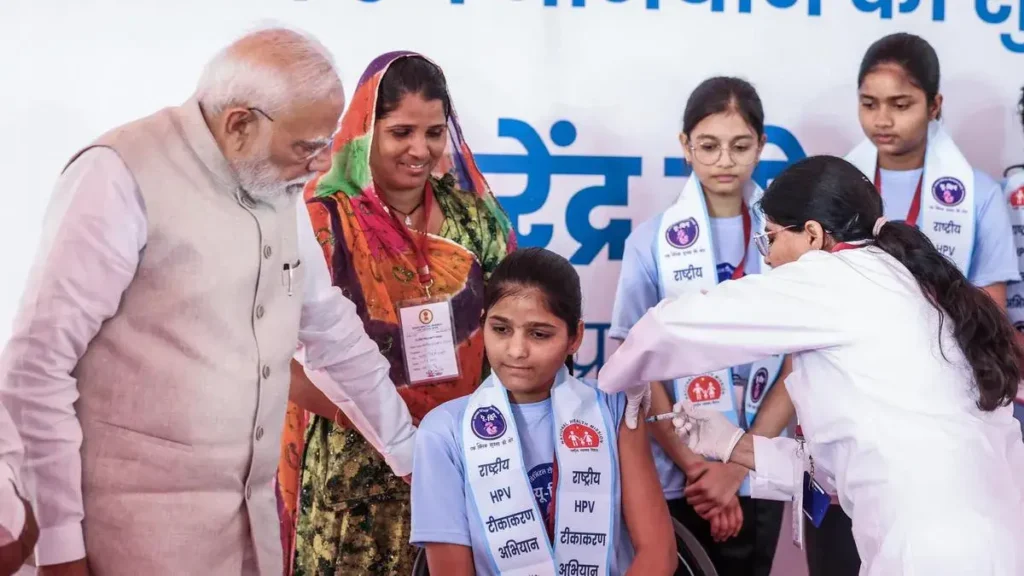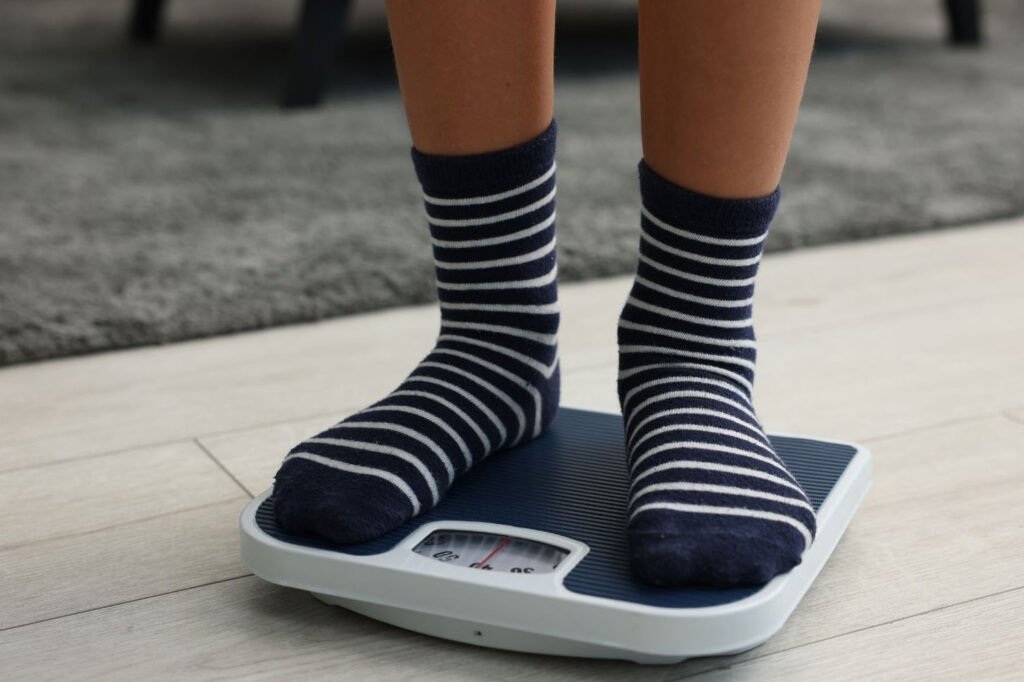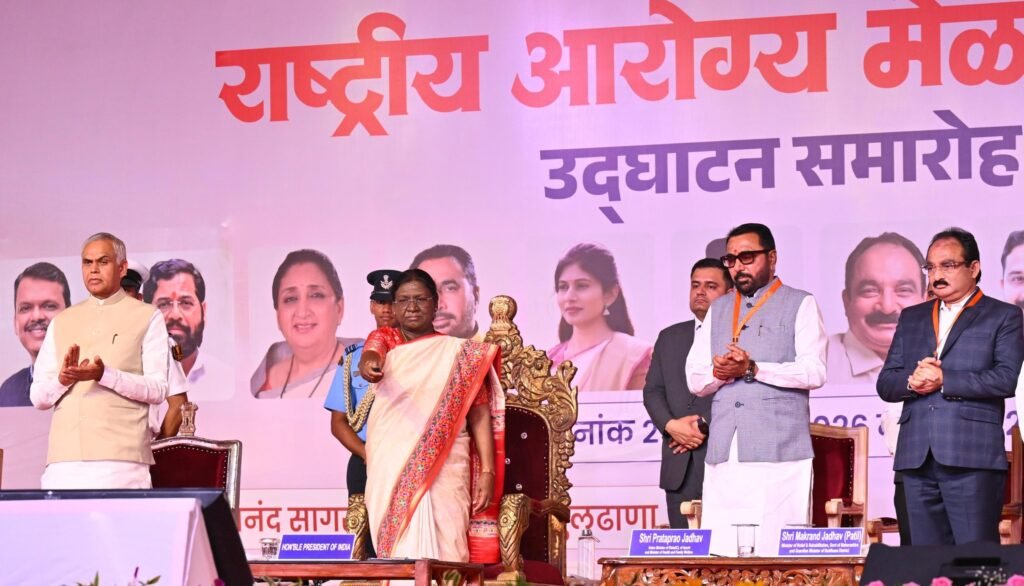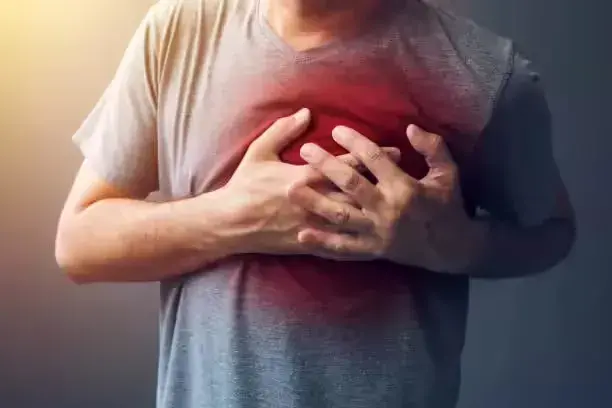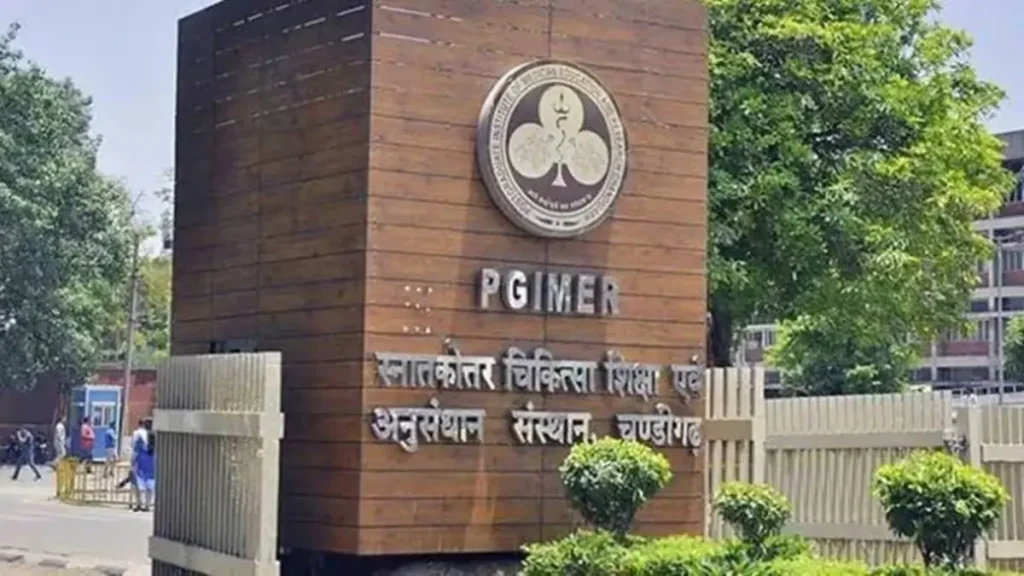PM Narendra Modi Rolls Out Nationwide HPV Vaccination Drive for 14-Year-Old Girls
Prime Minister Narendra Modi on Saturday launched a nationwide Human Papillomavirus (HPV) vaccination campaign targeting 14-year-old girls. The initiative was inaugurated from Ajmer in Rajasthan on February 28, 2026. The cervical cancer prevention drive was formally introduced at a programme in Kayad, Ajmer, where several girls received the vaccine in the presence of the Prime Minister. He also interacted with beneficiaries during the event, highlighting the importance of preventive healthcare for young women. Under the campaign, a single-dose “Gardasil 4” vaccine — a quadrivalent HPV vaccine — will be administered. The vaccine offers protection against HPV types 16 and 18, which are the leading causes of cervical cancer, as well as types 6 and 11. The Union Health Ministry, in a communication issued to all States on February 25, confirmed that every 14-year-old girl across the country will receive a single dose of the vaccine free of cost. The vaccination will be carried out at government health facilities, including Ayushman Arogya Mandirs (Primary Health Centres), Community Health Centres, sub-district and district hospitals, as well as government medical colleges and hospitals. The nationwide rollout marks a significant step in India’s public health efforts to reduce the burden of cervical cancer through early immunisation and preventive care. Source: The Hindu
PM Narendra Modi Rolls Out Nationwide HPV Vaccination Drive for 14-Year-Old Girls Read More »

